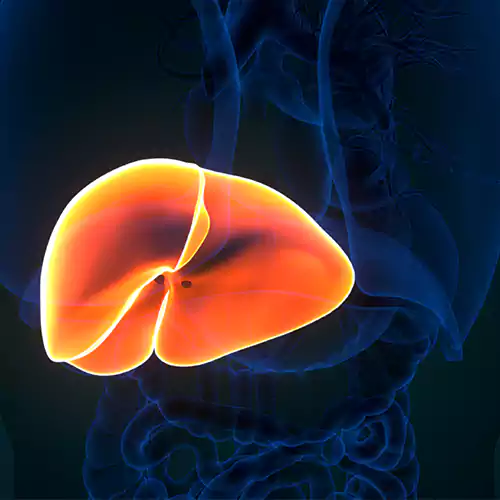IgA nephropathy, also known as Berger’s disease, is a kidney disease that occurs when IgA deposits build up in the kidneys, causing inflammation that damages kidney tissues. IgA is an antibody—a protein made by the immune system to protect the body from foreign substances such as bacteria or viruses. Most people with IgA nephropathy receive care from a nephrologist, a doctor who specializes in treating people with kidney disease.

IgA nephropathy affects the kidneys by attacking the glomeruli. The glomeruli are sets of looping blood vessels in nephrons—the tiny working units of the kidneys that filter wastes and remove extra fluid from the blood. The buildup of IgA deposits inflames
and damages the glomeruli, causing the kidneys to leak blood and protein into the urine. The damage may lead to scarring of the nephrons that progresses slowly over many years. Eventually, IgA nephropathy can lead to end-stage
kidney disease, sometimes called ESRD, which means the kidneys no longer work well enough to keep a person healthy. When a person’s kidneys fail, he or she needs a transplant or blood-filtering treatments called dialysis.
Scientists think that IgA nephropathy is an autoimmune kidney disease, meaning that the disease is due to the body’s immune system harming the kidneys.
People with IgA nephropathy have an increased blood level of IgA that contains less of a special sugar, galactose, than normal. This galactose-deficient IgA is considered “foreign” by other antibodies circulating in the blood. As a result, these other
antibodies attach to the galactose-deficient IgA and form a clump. This clump is also called an immune complex. Some of the clumps become stuck in the glomerulus of the nephron and cause inflammation and damage.
For some people, IgA nephropathy runs in families. Scientists have recently found several genetic markers that may play a role in the development of the disease. IgA nephropathy may also be related to respiratory or intestinal infections and the immune
system’s response to these infections.
In its early stages, IgA nephropathy may have no symptoms; it can be silent for years or even decades. Once symptoms appear, the most common one is hematuria, or blood in the urine. Hematuria can be a sign of damaged glomeruli. Blood in the urine may
appear during or soon after a cold, sore throat, or other respiratory infection. The amount of blood may be
visible with the naked eye. The urine may turn pink or the color of tea or cola. Sometimes a person may have dark or bloody urine.
so small that it can only be detected using special medical tests.
Another symptom of IgA nephropathy is albuminuria—when a person’s urine contains an increased amount of albumin, a protein typically found in the blood, or large amounts of protein in the urine. Albumin is the main protein in the blood. Healthy kidneys
keep most proteins in the blood from leaking into the urine. However, when the glomeruli are damaged, large amounts of protein leak out of the blood into the urine.
When albumin leaks into the urine, the blood loses its capacity to absorb extra fluid from the body. Too much fluid in the body may cause edema, or swelling, usually in the legs, feet, or ankles and less often in the hands or face. Foamy urine is another
sign of albuminuria. Some people with IgA nephropathy have both hematuria and albuminuria.